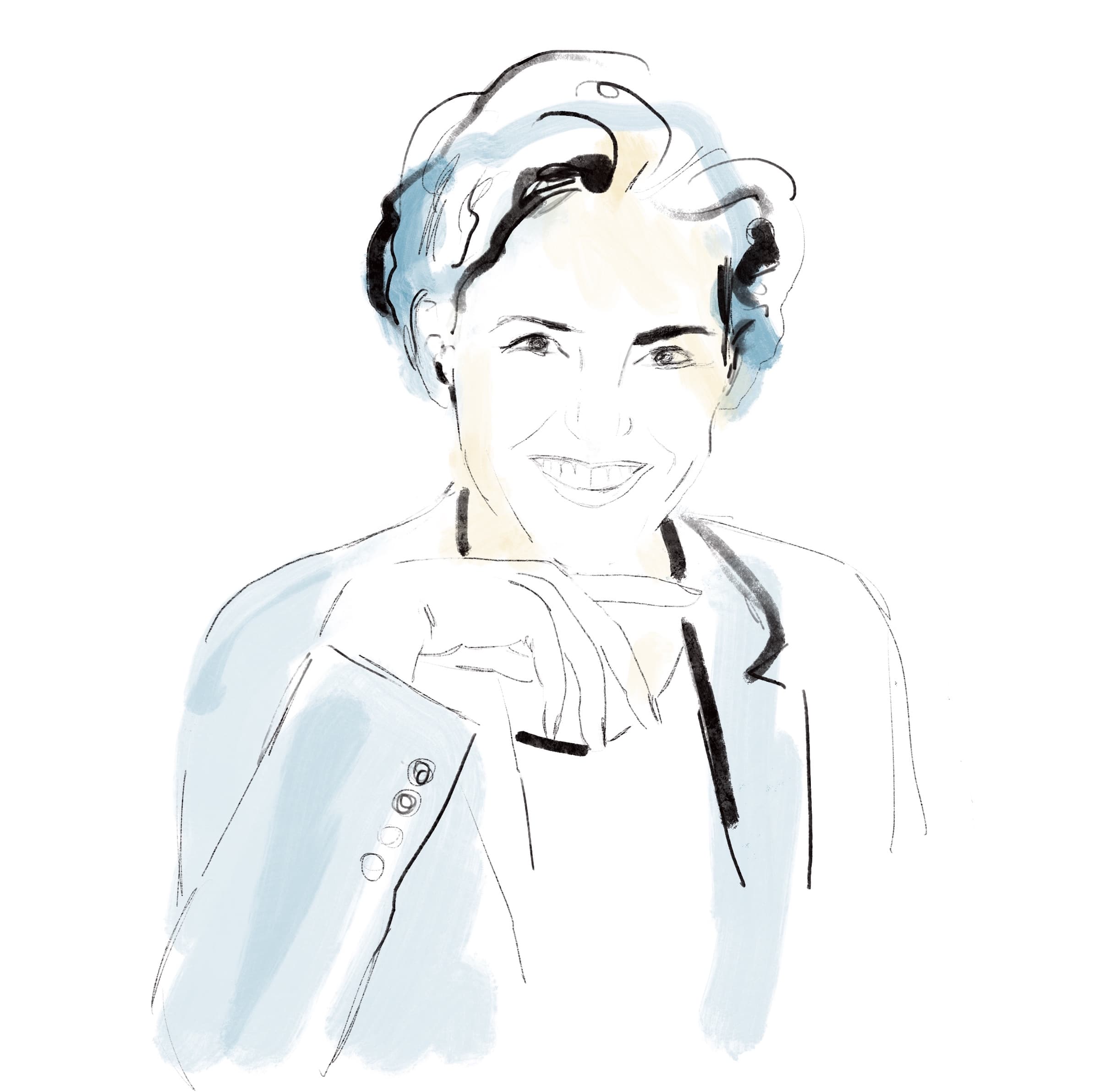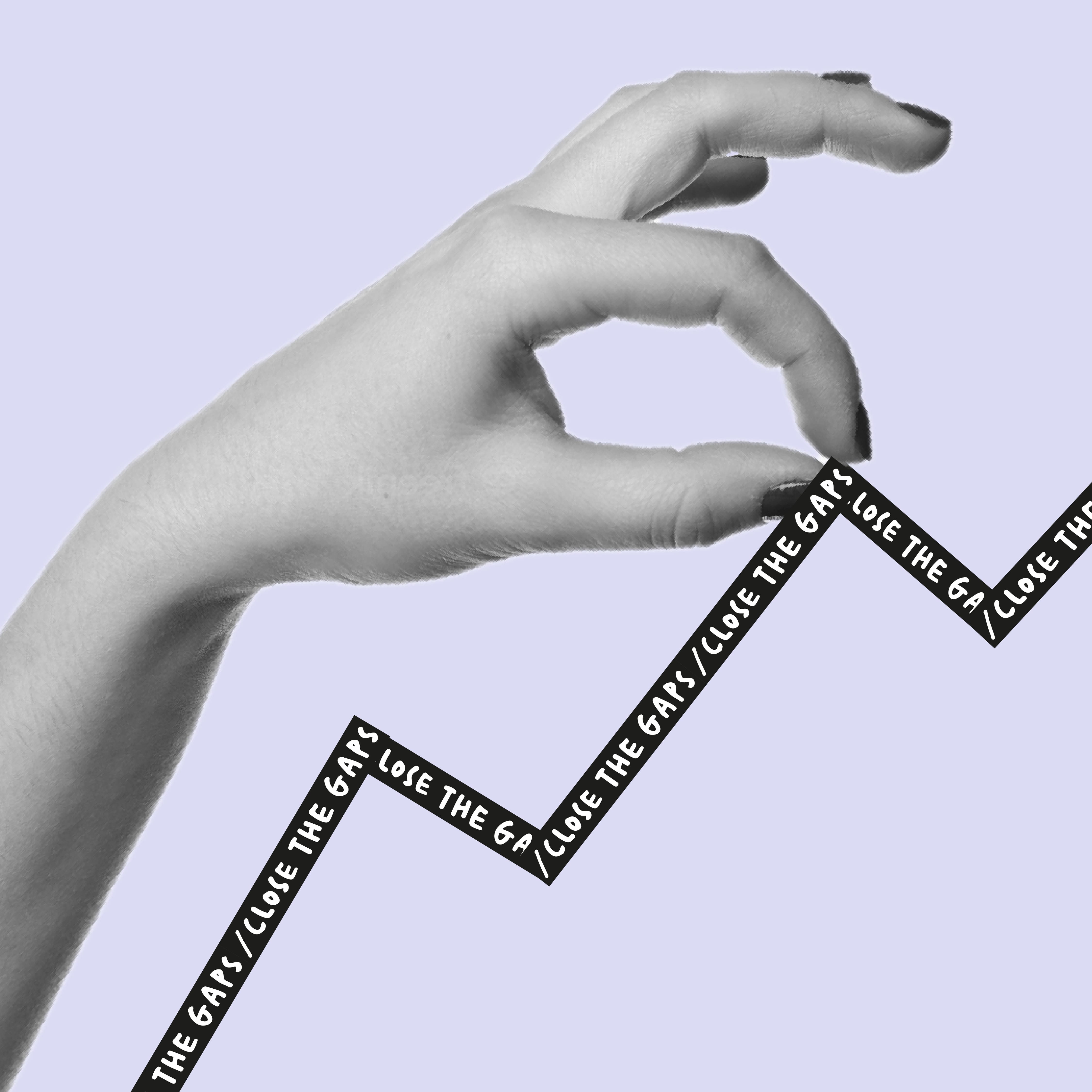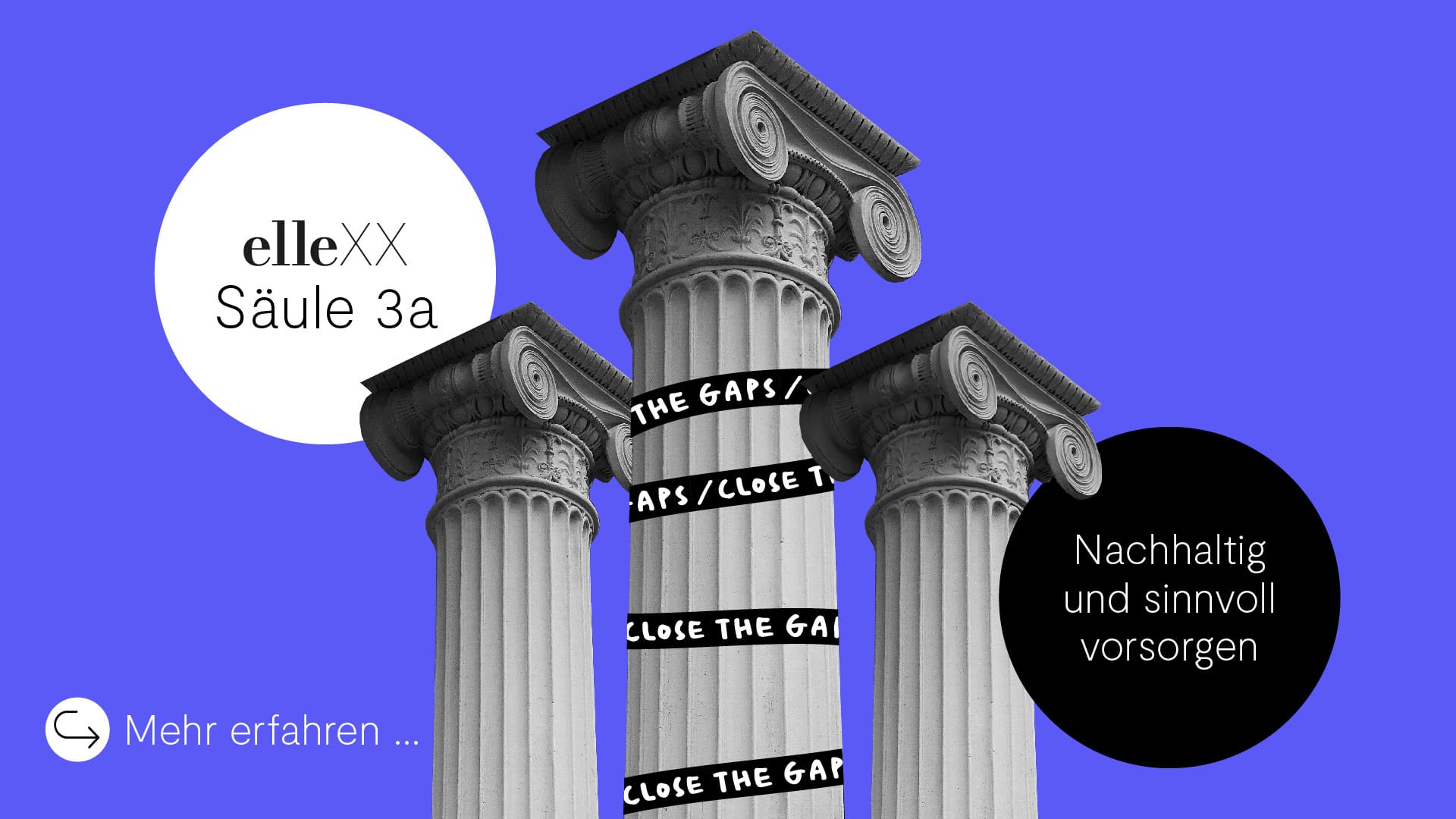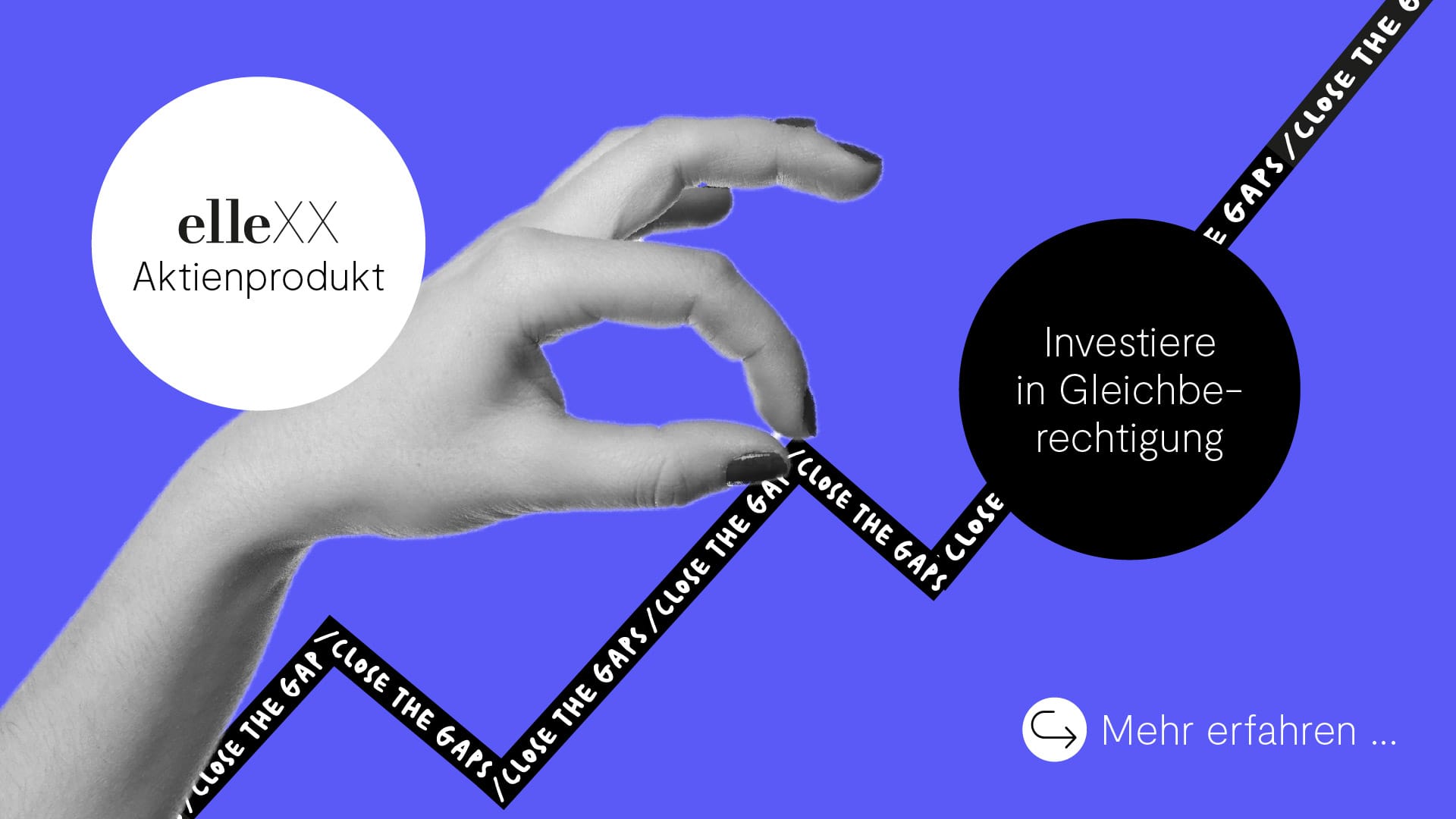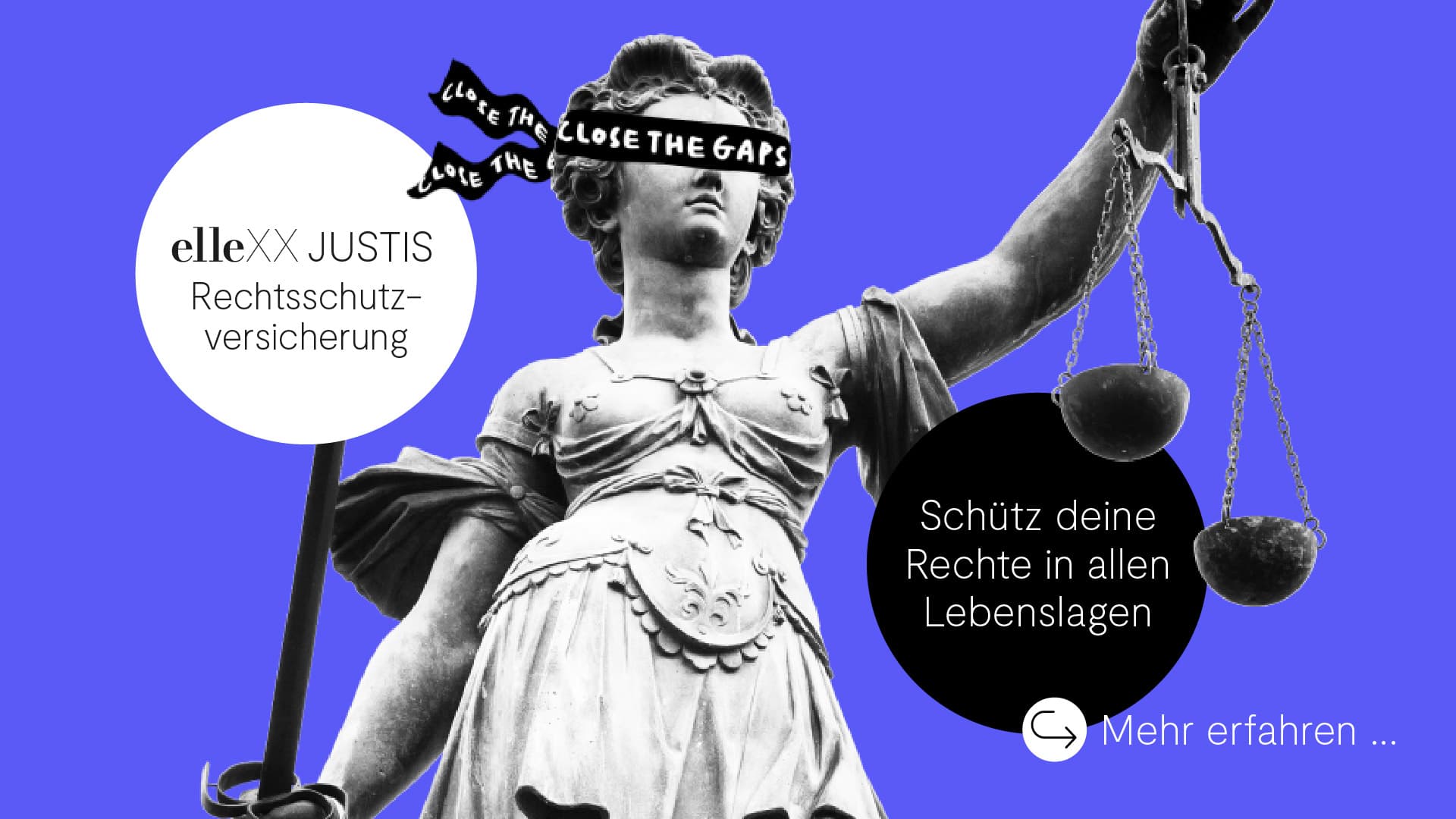What exactly are ETFs?
ETFs, or Exchange-Traded Funds, can be compared to a buffet for people looking to invest in the stock market. You can select from a variety of dishes: Commodities, stocks, or bonds. You assemble your plate from them. These are your ETFs. You can make it as varied and balanced as you want. ETFs can be bought and sold on the stock exchange at any time, which distinguishes them from regular funds. But be cautious. As tempting as it is to pile only the delicious fries on your plate - just like at a real buffet - be sure you balance your ETFs. That is, pick a few that are higher risk and some that are lower risk, so that everything is nicely balanced and you can achieve your investment goals.
Why should I invest in ETFs?
ETFs give you a diverse portfolio as you invest in a variety of companies and industries. This can lower your overall risk and potentially increase your returns. In addition, ETFs are generally less expensive than actively managed funds because they are passively managed. What exactly does that mean? With an actively managed fund, a fund manager strives to consistently maximize your return and beat the market. However, they often fail to do so. So your return is not necessarily higher, but you pay more fees for active management. With an ETF, on the other hand, a so-called benchmark index is tracked, for example the S&P 500 or the SMI. So your return depends on the performance of the market - you don't gain more, but you also don't gain less.
In addition, ETFs give you a certain degree of flexibility because you can buy and sell them on the stock exchange during trading hours. As a result, you can react quickly to market changes.
Furthermore, ETFs allow you to find companies and industries that you might not have discovered otherwise - because they can only go public as part of ETFs.
Are ETFs suitable for everyone?
Yes and no. Before purchasing ETFs, consider how much risk you are willing to face and whether you could live without your invested money in the short to medium term. After all, just like anywhere else where there is a chance of profit, there is also a risk of making a loss. In principle, ETFs are also suitable for people who want to invest manageable amounts. Also, compared to individual stocks, the risk is lower with ETFs because you invest in a diversified portfolio of stocks. This means that if a stock in your ETF loses a lot of value, the losses can be offset by other stocks in your ETF if necessary.
Can you invest in ETFs with little money?
In principle, yes. For many ETFs, the minimum purchase amount is a few hundred francs. However, you should be well informed about how many fees you pay and what amount is truly worthwhile in relation to your investments. The best thing to do is to ask an independent financial advisor for advice.
How to buy ETFs?
There are several ways:
- Most online brokers offer to buy and sell ETFs. You as an investor can open an account with a broker, deposit money there and then select and buy "your" ETFs.
- If you prefer to go to a bank, you have that option as well. However, many banks do not offer ETFs, because they hardly earn anything from them. It is best to ask your bank directly.
- There are also financial advisors who can help you to choose and buy the right ETFs. We at elleXxx also offer such independent financial advice: With Bente Roth and Edith Aldewereld, you can learn how to define your savings goals, how to best provide for your old age, and how you can make a difference with your money in terms of sustainability and equality - for example, with ETFs. You can find the offer here.
- You can also contact issuers, which are companies that bring ETFs to the market. These are, for example, banks, asset management companies or other financial institutions. Issuers usually earn money when they advise you on ETFs. So you should be aware that you may have to spend money on fees in addition to the cost of the ETFs. Be sure to compare these fees before choosing an issuer.
Is it worth comparing the different ETFs? What should you look out for?
Absolutely. You should ask yourself the following questions before deciding on ETFs:
- How much money are you willing to spend?
- How do the ETFs you have in mind perform? Do they fit your investment strategy in terms of investment objectives and risk strategy?
- Do the companies and industries in the ETFs match your moral and ethical beliefs? For example, do they meet ESG criteria?
How to make an ETF savings plan
Once you've determined which ETFs are best for you, it's time to start planning. You can think of an ETF savings plan as buying in installments: Instead of spending a large sum at once, you buy smaller amounts of an ETF on a regular basis. The following points are important for a savings plan:
- Open a custody account. This is a kind of safe deposit box for your ETFs, where they are kept safe. You can open this custody account at a bank or with a broker.
- Create a savings plan: At what intervals do you want to buy ETFs? Monthly, quarterly? And how much do you want to invest on a regular basis?
Are ETFs sustainable?
There are indeed ETFs that are labeled as sustainable. These are those that only include shares of companies that meet certain sustainability criteria, for example criteria from the three pillars of Environmental, Social and Governmental (ESG). And likewise, of course, there are ETFs that don't select companies and products with sustainability in mind. That is why it is critical to thoroughly examine your portfolio before investing.
What is the criticism of ETFs?
Despite how popular ETFs have become in recent years, there are still certain issues that might be raised. The most important are:
- The risk of a bubble: this is the term used to describe the occurrence in which the prices of an asset, such as stocks, cryptocurrencies, or real estate, rise dramatically and then fall sharply. This is due to market participants realizing that prices are far too high and selling their ETFs. As a result, prices may fall further and investors may suffer losses. Some critics say that ETFs may contribute to the bubble risk because they allow for quick investments in certain markets and assets. This creates the risk that prices will remain at unreasonably high levels - until they crash.
- Liquidity risk: ETFs may not have enough liquidity to meet all investor requests. This may cause the price of the ETF to diverge from its true worth, causing investors to lose money when they sell. In this example, think of ETFs like a gin and tonic you'd like to order at a bar: It is possible that the bar will run out of gin, but you will still have to pay the full price.
- Voting rights: It is also important to know that with an ETF you are not becoming a co-owner of a company, as is the case when you buy shares. So you don't have voting rights in the company either.
- Limited profit: ETFs are not designed to significantly outperform the market, but to provide a safe, long-term return.
- Market power of ETF providers: Since ETFs have comparatively low fees, they are only worthwhile for large providers. Currently, the ETF market is dominated by a few large asset managers such as Blackrock.
What do I have to consider regarding taxes and ETFs?
There are no taxes on the purchase of ETFs. Unless you sell them within one year of purchase and make a profit. This profit is taxed as a capital amount and is therefore subject to direct federal tax and cantonal tax, which may vary depending on your place of residence. However, there is an exemption limit: currently, no taxes are due on a profit of less than CHF 1,080 per person. Exceptions are, for example, ETFs that specialize in precious metals such as gold or silver. These are taxed differently under certain circumstances. The best thing to do is to consult an independent financial advisor.

